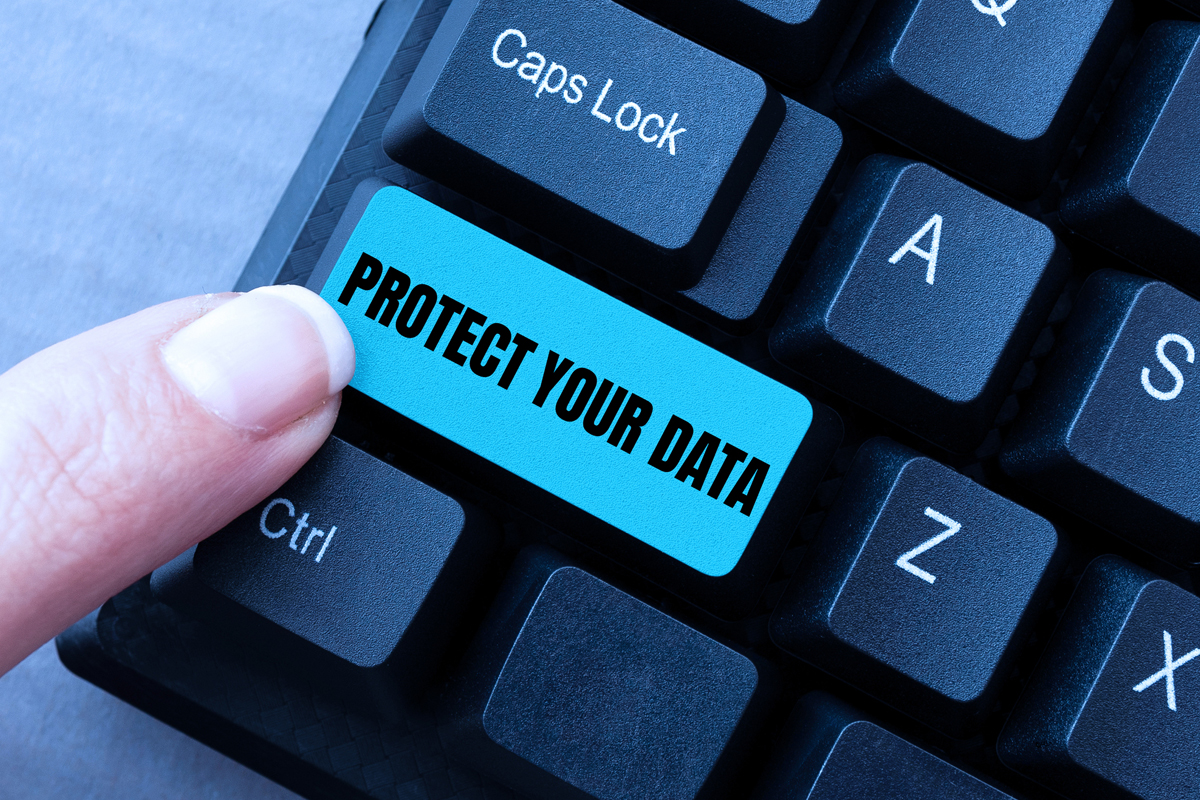In the age of digitalization, personal data on the Internet is often at risk of leaks, hacks, and fraudulent activities. It is essential to protect oneself, especially as we increasingly use the Internet for work, communication, and shopping. Here are the basic methods to protect personal data online.
Using Strong Passwords and Two-Factor Authentication
Many users make the mistake of setting too simple passwords or using the same password for different accounts. This makes them vulnerable to attacks by cybercriminals.
Examples of Effective Passwords
To create a strong password, it is recommended to use a combination of uppercase and lowercase letters, numbers, and special characters. Instead of a simple password like “password123,” it is better to use something more complex, for example, “P@ssw0rd!5eCur3”. It is also essential to avoid using personal information in the password, such as names, birth dates, or easily guessable words.
Two-Factor Authentication
Two-factor authentication (2FA) provides an additional level of security. Besides entering a password, a second form of verification is required, such as a code sent to your phone or a biometric check (e.g., fingerprint). This significantly reduces the likelihood of unauthorized access to your accounts even if the password is stolen.
Caution with Personal Information
Another crucial aspect of protection is being careful with the information you share online. People often provide more information than necessary, which can lead to various threats, from fraud to identity theft.
Examples of Dangerous Situations
When registering on a social network or creating a profile on another service, you don’t always need to enter real addresses, full names, or other data that can be exploited by scammers. The less information you provide, the harder it will be for criminals to use it against you. It is also essential to pay close attention to privacy settings on platforms where you leave your data.
Avoid disclosing your data in public online discussions, on forums, or in social media comments. Even if this data seems harmless, it can be collected and used for fraudulent purposes. Open information about your date of birth and place of residence can, for example, be used to hack your account or create fake documents.
Using VPN and Secure Connections
When you connect to public Wi-Fi networks, your data is at risk because such networks are often not adequately protected. Cybercriminals can intercept transmitted information, including passwords and other confidential data.
Using VPN
One way to protect data when using public networks is to connect through a virtual private network (VPN). VPN encrypts data, making it inaccessible to cybercriminals. This is especially important when working with confidential data, making purchases, or logging into personal accounts in public places.
Caution and Phishing Attacks
Phishing is often used to steal data. Cybercriminals send fake emails or create websites that look official to trick you into revealing your data, logins, passwords, credit card numbers, and other confidential information.
Examples of Phishing Attacks
Phishing attacks can take many forms. You may receive an email that looks like a message from your bank or an online store, asking you to confirm personal information or follow a link. These emails often include logos and styling similar to official websites, misleading users.
To avoid phishing, it is important always to check the sender of emails and not click on links from suspicious messages. If you doubt the email’s authenticity, it is better to go to the site yourself by entering the address manually in the browser rather than clicking on the provided links. Also, be mindful of spelling and grammar errors in messages, which are common in phishing emails.
By following basic safety rules, you can significantly reduce the risk of data theft and protect your personal information from cybercriminals. It is always important to remember that every step on the Internet can have consequences.


